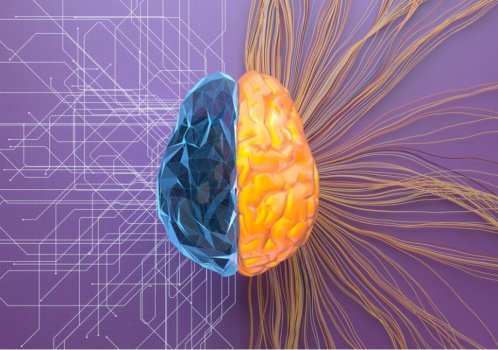When we learn about use cases in AI, we often hear about them through the lens of the companies behind them: How they obtained cost savings, new revenue sources or greater efficiencies through implementation. We might also hear about how customers benefited from a more personalized or speedier experience. But what’s missing from these dialogues is a crucial component to AI and its future: the social good that it can (and has) done.
Shifting The Narrative Toward Inclusive AI
Marketers and communications experts in the field of AI have a responsibility when it comes to what they choose to communicate. Their words frequently shape discussions around key AI topics, and these dialogues can influence shifts in priorities for decision-makers. Highlighting the societal benefits of AI can drive conversations around how we can make AI more inclusive (as I've written about before) and can ultimately create lasting change. It’s important that AI communications professionals use their positions to keep responsible AI top of mind for AI practitioners.
Many groups of people around the world are still underrepresented in AI. As AI leaders make progress toward creating more inclusive solutions that include these individuals, communications professionals should emphasize these successes in service of not only highlighting the good that comes from AI but also encouraging companies to invest more in inclusive solutions. The more we celebrate these use cases, the more motivated AI practitioners may be to explore further applications.
Continue reading:
https://www.forbes.com/sites/forbescommunicationscouncil/2021/08/24/looking-beyond-automation-and-efficiency-ai-for-social-good/?sh=54c3a60633ac
Shifting The Narrative Toward Inclusive AI
Marketers and communications experts in the field of AI have a responsibility when it comes to what they choose to communicate. Their words frequently shape discussions around key AI topics, and these dialogues can influence shifts in priorities for decision-makers. Highlighting the societal benefits of AI can drive conversations around how we can make AI more inclusive (as I've written about before) and can ultimately create lasting change. It’s important that AI communications professionals use their positions to keep responsible AI top of mind for AI practitioners.
Many groups of people around the world are still underrepresented in AI. As AI leaders make progress toward creating more inclusive solutions that include these individuals, communications professionals should emphasize these successes in service of not only highlighting the good that comes from AI but also encouraging companies to invest more in inclusive solutions. The more we celebrate these use cases, the more motivated AI practitioners may be to explore further applications.
Continue reading:
https://www.forbes.com/sites/forbescommunicationscouncil/2021/08/24/looking-beyond-automation-and-efficiency-ai-for-social-good/?sh=54c3a60633ac

